FTA will empower Indian women, will give global platform: New flight to textile and craft business
India-UK FTA: India-UK FTA will provide global market to Indian women in textile, craft and startup, self-reliance will get a new boost by increasing trade and easy access to finance. Now they will be able to send goods duty-free to the $23 billion market of the UK and will be able to keep pace with the international competition.
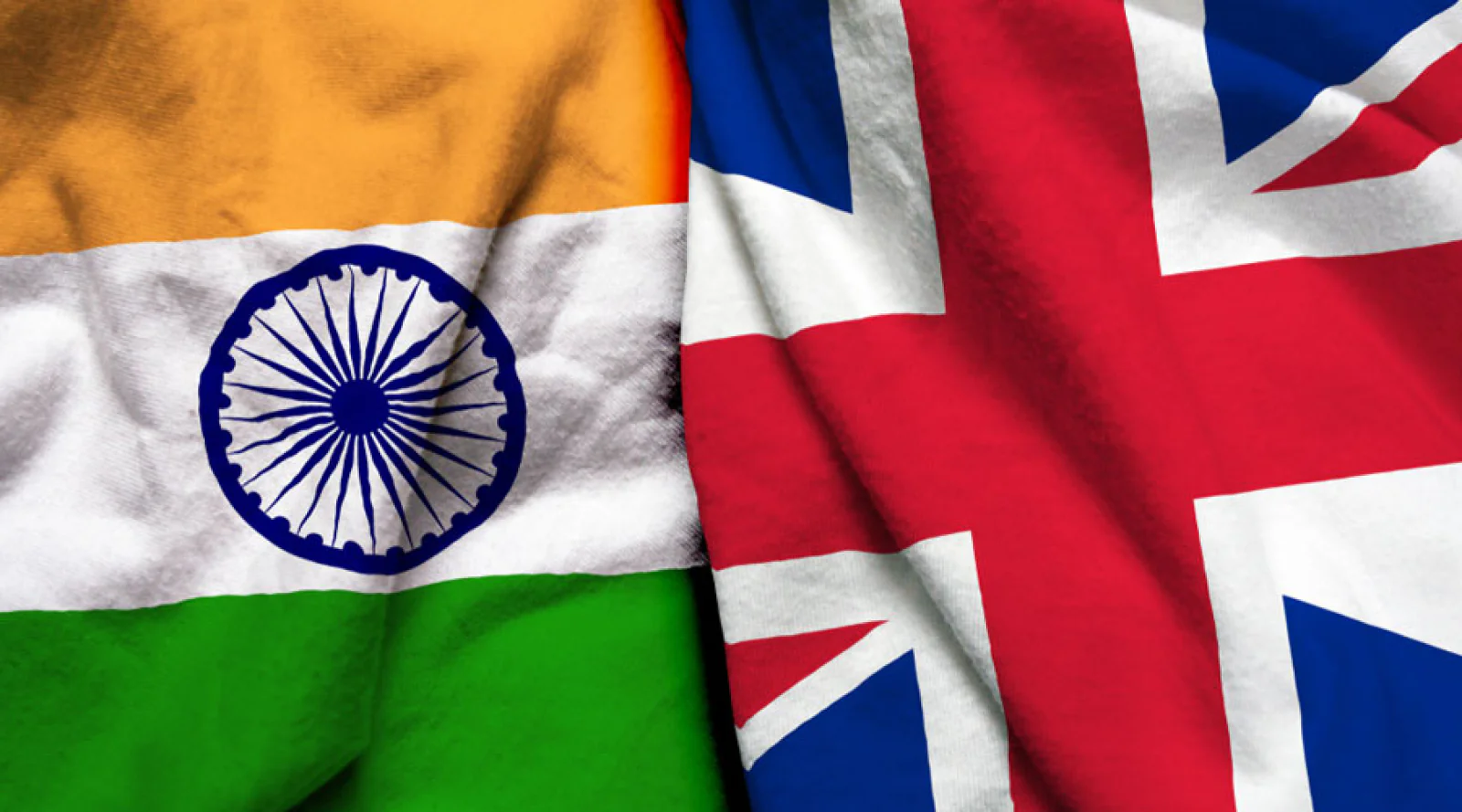
Writing a new chapter in business relations, India and Britain signed a Free Trade Agreement (FTA) on Thursday. This agreement could provide a significant advantage to Indian women in the global market. It will open opportunities for women working in areas like handloom, traditional crafts, tech startups, and clean manufacturing to connect with the global market. This will not only offer them international financial support and business expansion opportunities but also enable duty-free export of products like textiles, leather, and shoes to the UK's $23 billion market. With this step, Indian women will be able to compete on equal footing with companies from countries such as Bangladesh, Pakistan, and Cambodia. This agreement is viewed as a major move toward self-reliance and international recognition for women.
India's vibrant textile sector is rooted in the skills of women, whether they are weavers, embroiderers, dyers, or designers from Kanchipuram, Bhagalpur, Jaipur, or Varanasi. With this FTA, they will now have the chance to establish a presence in the global fashion and design industry.
Handmade Kolhapuri chappals crafted by women in Maharashtra and nearby regions will now be eligible for duty-free sales in the UK’s premium market. This will boost their brand, preserve culture, increase income, and promote sustainable leather exports.
Want to get your story featured as above? click here!
Want to get your story featured as above? click here!
This FTA will also support women-led micro, small, and medium enterprises (MSMEs) in the country by offering simplified rules, training, and trade finance. Clusters in Gujarat, Tamil Nadu, and West Bengal will become more competitive and prepared for the UK market.
Whether it’s the looms of Varanasi, digital labs in Hyderabad, craft groups in Rajasthan, or startups in Bangalore, this agreement places women at the heart of global trade. It’s not just about reducing tariffs but providing Indian women with the opportunity to lead, innovate, and make history.
Under the agreement, British auto companies will receive duty exemptions only for large petrol-diesel and costly electric vehicles in India. To safeguard the domestic industry, duty exemption will not be granted for medium-small cars and low-cost EVs made by British companies. Electric, hybrid, and hydrogen vehicles will not be eligible for exemption during the first five years of the agreement.
The tariff quota for vehicle imports from both sides will be reduced to 10%, down from the current 110%. The quota and duty exemption will be higher for categories with larger engines (above 3,000 cc petrol / 2,500 cc diesel). Domestic manufacturers will have sufficient time to expand, innovate, and strengthen their competitiveness in the small (up to 1,500 cc) and medium (1,500-3,000 cc petrol / up to 2,500 cc diesel) engine segments. The duty reduction to 10% will occur over five years with a quota, while outside the quota, a 50% reduction will be phased in over ten years.
No market access has been granted for vehicles valued below 40,000 British pounds (about Rs 46.5 lakh), ensuring protection for India’s mass-market electric vehicle sector, where India aims for global leadership. Market access for EVs is available only for expensive vehicles priced above 80,000 British pounds (about Rs 93.5 lakh).
British officials estimate that UK exports to India could increase by approximately 60% in the long term following this agreement. It will also include a procurement component, enabling British companies to bid on government contracts at the central level in India. British financial services firms will be treated equally with domestic providers.
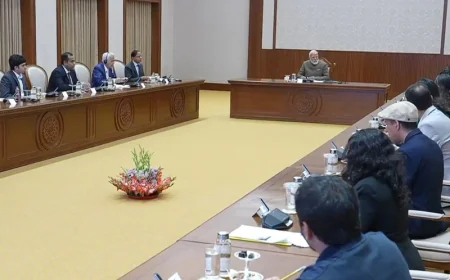
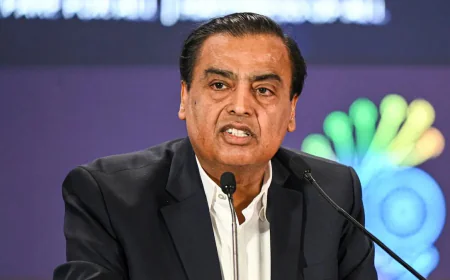
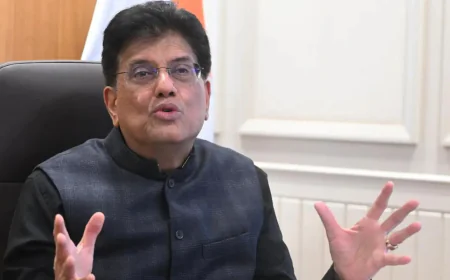











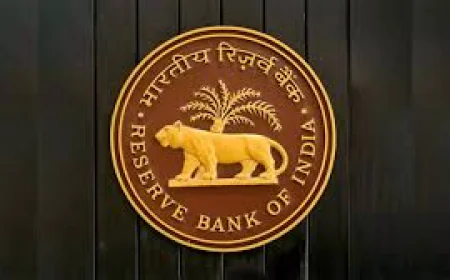
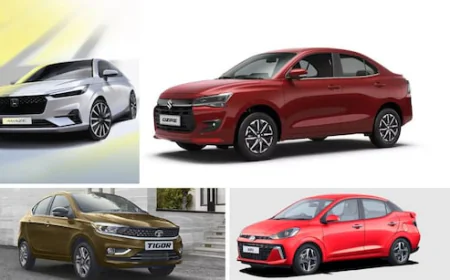




.jpg.jpeg)











.jpg)









.jpg)






















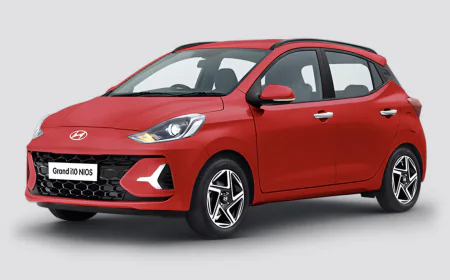

%20(1).jpg)












